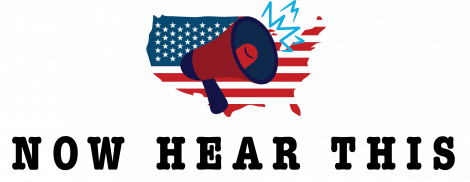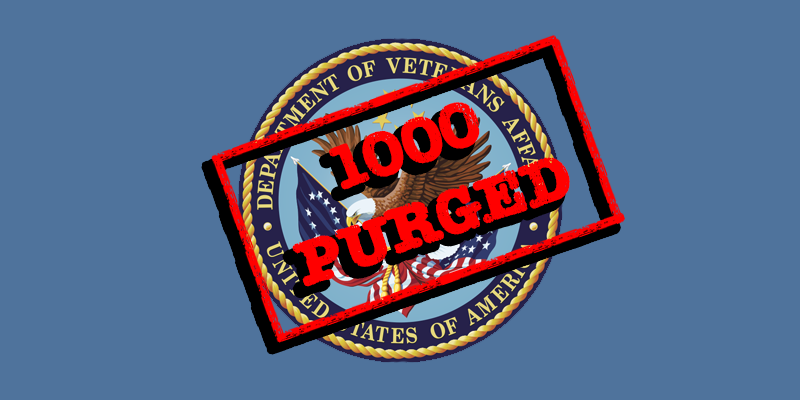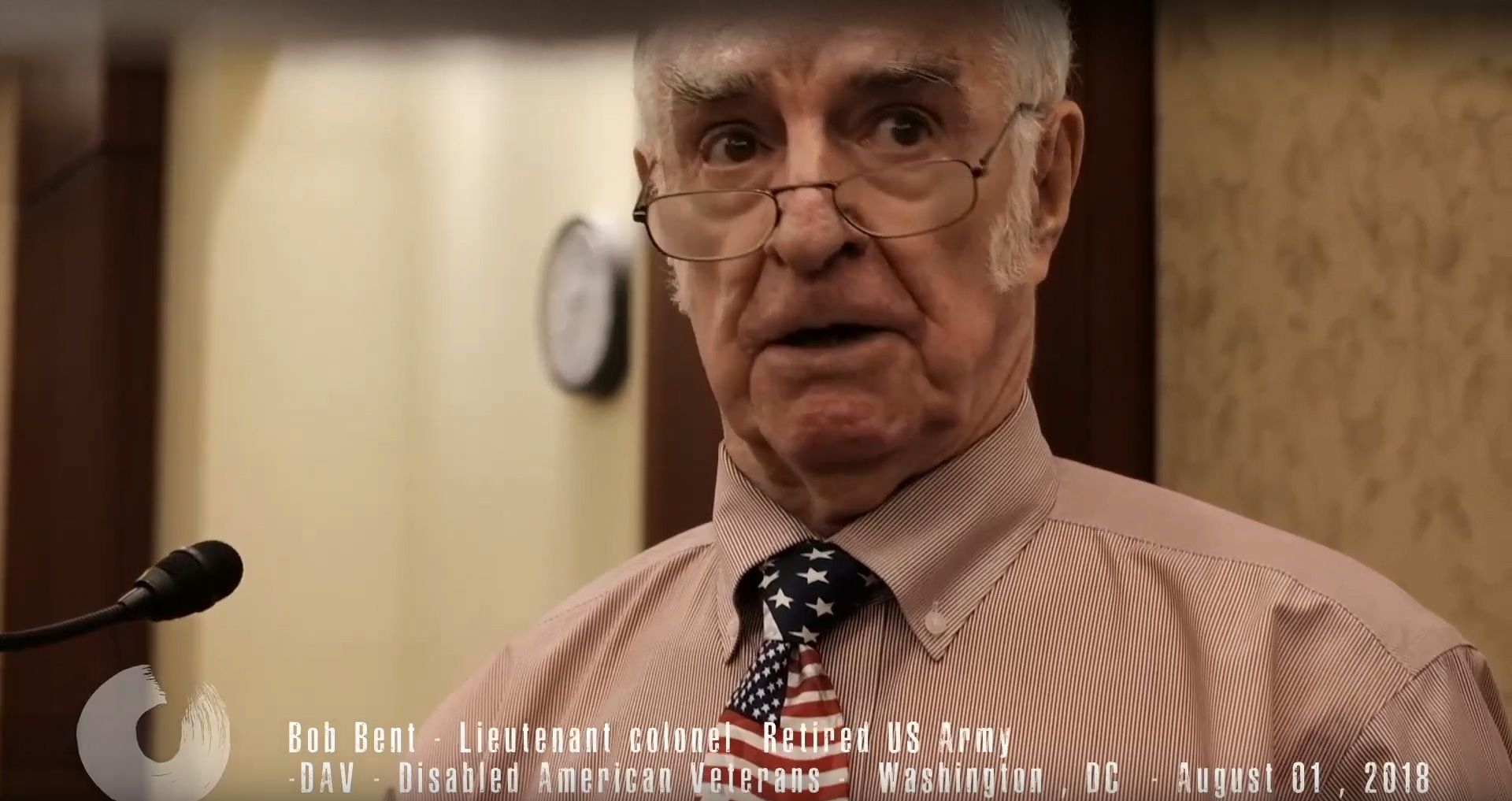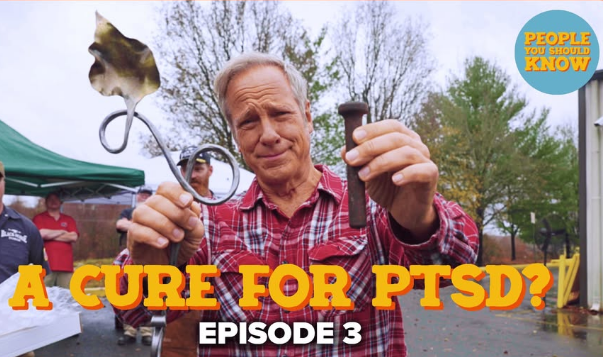Publisher's Corner

Guest Viewpoint
The American Foundation for Suicide Prevention and Zero Suicide - Meet the Staten Island Military, Veteran, Family (SMVF) Task Force!
Medical Massage Therapy for Veterans May Lose Its Touch if VA Reimbursement Policies Don’t Change
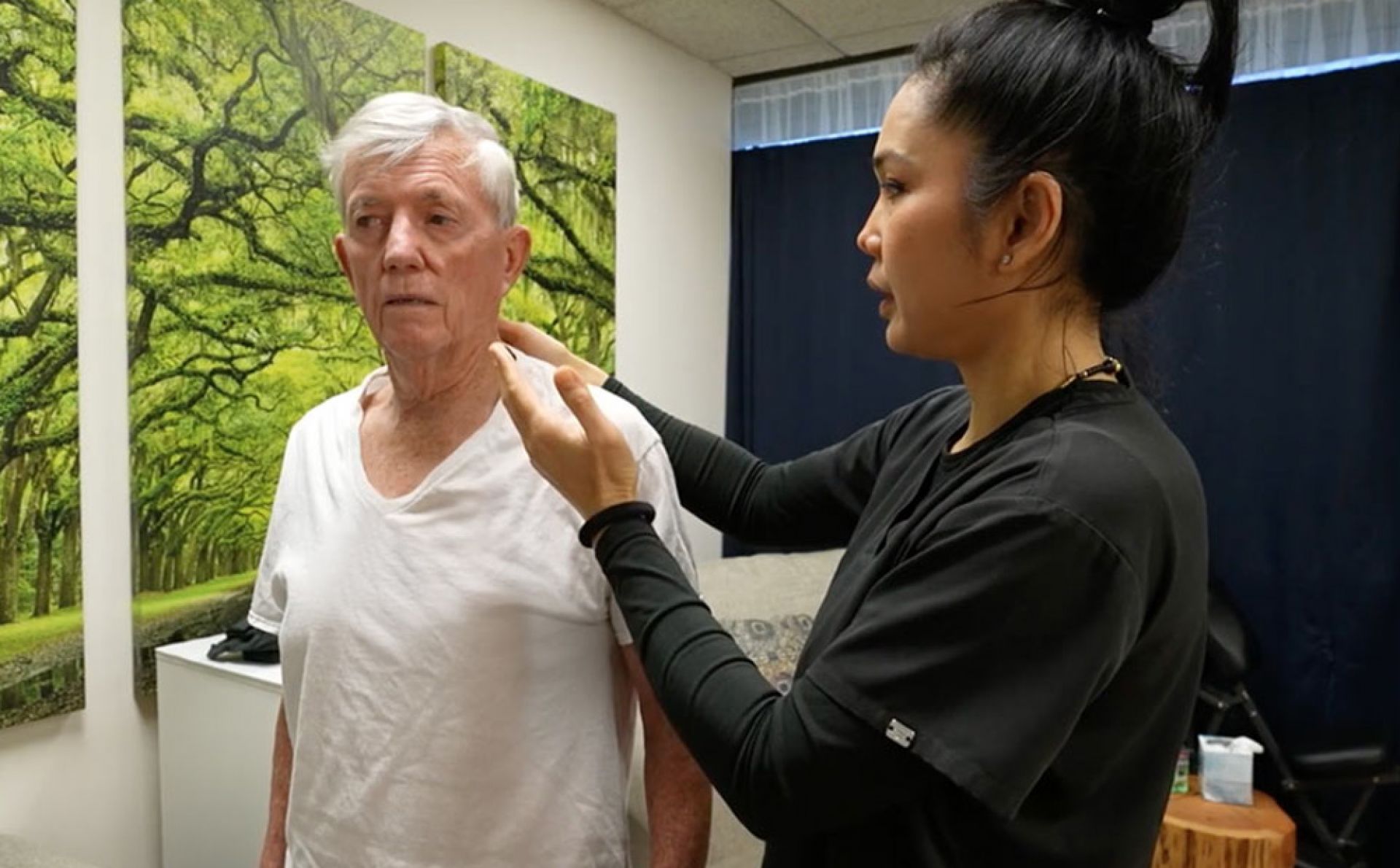
(The second in a series on problematical Vendor-VA relationships)
VA doctors who have seen the results of non-opioid treatments for chronic pain know the extreme importance of treating our Veterans with therapies that enhance their mobility, mood, and overall health. This is enhanced in the case of medical massages, as they abate the risk of deadly addictions affecting our Veteran communities at rates far higher than the general population.
Veterans, by default of an incorrect or unthinking change in VA reimbursement for this treatment, may soon see this therapy disappear. How is that? Here’s the gist to give you background.
Reversing a compensation agreement
For some reason (cost-cutting? or lack of critical thinking?), the US Department of Veteran Affairs (VA) decided to apply a Medicare rule known as “Multiple Procedure Payment Reduction” (MPPR) to the billing of massage therapy. This placed what was once a single-purpose, one hour of in-home/in-office therapy using only one Current Procedural Terminology Code (CPT Code 97124) into a new category.
Out of the blue, massage therapists across the US were in the same category intended for clinics providing “always therapy” services. You know, office settings, paperwork, different methodologies, etc., and the patients come to you! Although not in any way to be confused with a clinic, these providers were now hindered from receiving the previous, fair reimbursement.
As I asked in my earlier article on this subject, what was the VA thinking?
Thousands of licensed therapists deliver massages weekly, only now to be losing money on every visit. Unsustainable! If all vendors to the VA in this or any other field of caregiving were forced by economics to abandon their work, the effects could be – no, will be – tragic.
Blowback, of course
When Congressman Chris Pappas (D-NH), who sits on the House Committee on Veterans' Affairs, learned of this change in VA reimbursement for massage therapy, he responded by sending a letter to VA Secretary McDonough to reverse the decision.
He wrote: “Massage therapy is an effective and non-invasive form of treatment for various physical and mental health conditions commonly experienced by veterans, including chronic pain, anxiety, depression, and post-traumatic stress disorder. Recognized as an integral part of holistic health care for veterans, massage therapy addresses not only physical ailments but also contributes to mental and emotional well-being.”
The letter concludes, “I strongly urge VA to reconsider its decision to reduce reimbursement rates for massage therapy providers participating in the VCP. Additionally, I request a briefing within the next 30 days to discuss the VA’s process for determining changes in reimbursement rates, how the VA assesses its potential impact on VCP providers, and how the VA communicates these rate changes to affected providers.”
On another front, when Tim Sheppard, Executive Director of the Wyoming Veterans Commission learned of this change in VA reimbursement in massage therapy, he responded by sending off to Senator Chuck Schumer a letter of support for that service in his state.
“Massage therapy offers veterans an alternative to dangerous and addictive opioid treatment as well as invasive surgical interventions. It was approved by VA Secretary Shulkin in 2017 and has greatly benefited the veterans who have been available to utilize it. There remains a small number of providers offering this type of care even though the outcomes for our veterans are nothing short of amazing…This is something NASDVA wholeheartedly supports for all the veterans who have served our Nation.”
The letter continues in part, “I encourage you to look into this accounting issue and ensure…providers serving our veterans are paid for the services they provide and are able to continue to provide those services. It would be a major loss to our veterans to lose access (and) especially unfortunate if it were simply due to unnecessary, bureaucratic red tape.”
Ain’t that the truth? Expect more truth to follow in the next article.
Want to hang in there with me as I deep-dive this issue and ferret more details? Just bookmark this page or subscribe to Now Hear This. Even better, write me:

